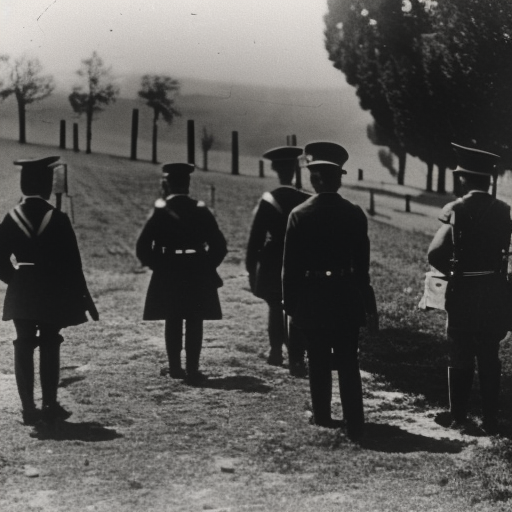Franco-Spanish War (1635–1659)
The Franco-Spanish War (1635–1659) was a conflict between France and Spain that lasted for over two decades. It was part of the larger Thirty Years’ War and had significant political, religious, and territorial implications for both countries. The war began as a result of France’s desire to challenge Spain’s dominance in Europe and to expand its own territories.
Causes of the War
The war was primarily driven by political and territorial ambitions. France, under the leadership of Cardinal Richelieu, sought to weaken the Habsburg dynasty, which controlled both Spain and the Holy Roman Empire. Richelieu aimed to establish France as the dominant power in Europe and saw Spain as a major obstacle. Additionally, religious tensions between Catholic France and Protestant territories aligned with the Dutch Republic further fueled the conflict.
Early Stages of the War
The war officially began in 1635 when France declared war on Spain. French forces, led by Louis XIII and later by his son Louis XIV, launched a series of offensives against Spanish territories in the Netherlands, Italy, and Germany. The French army, supported by their Dutch and Swedish allies, achieved several victories and captured key cities such as Arras and Lens.
The Peace of Westphalia
In 1648, the Peace of Westphalia was signed, bringing an end to the larger Thirty Years’ War. However, the Franco-Spanish conflict continued as both sides were dissatisfied with the terms of the peace settlement. Spain, weakened by the war, was unable to effectively resist French expansionism.
French Expansion and Spanish Resistance
During the 1650s, France continued to make significant territorial gains. French forces captured Catalonia, Roussillon, and Artois, further weakening Spanish control in Europe. However, Spain managed to resist complete defeat and maintained control over its American colonies, which were a crucial source of wealth and power.
The Treaty of the Pyrenees
In 1659, the war finally came to an end with the signing of the Treaty of the Pyrenees. The treaty established peace between France and Spain and marked a significant shift in the balance of power in Europe. As per the treaty, France gained several territories, including parts of Catalonia and Artois, while Spain retained control over the rest of Catalonia and Roussillon.
Consequences of the War
The Franco-Spanish War had far-reaching consequences for both countries. For France, it solidified its position as the dominant power in Europe and marked the beginning of its rise as a global colonial empire. The war also weakened Spain’s position as a major European power and contributed to its decline in the following centuries.
Legacy
The war had a profound impact on European politics and diplomacy. It marked the end of the Habsburg dynasty’s dominance and the emergence of France as a major player in European affairs. The conflict also highlighted the growing importance of national interests and territorial ambitions in shaping international relations.
In conclusion, the Franco-Spanish War (1635–1659) was a significant conflict that had political, religious, and territorial implications for both France and Spain. It was driven by France’s desire to challenge Spain’s dominance and expand its own territories. The war resulted in French territorial gains and weakened Spain’s position as a major European power. The conflict also had broader implications for European politics and diplomacy, marking a shift in the balance of power on the continent.












